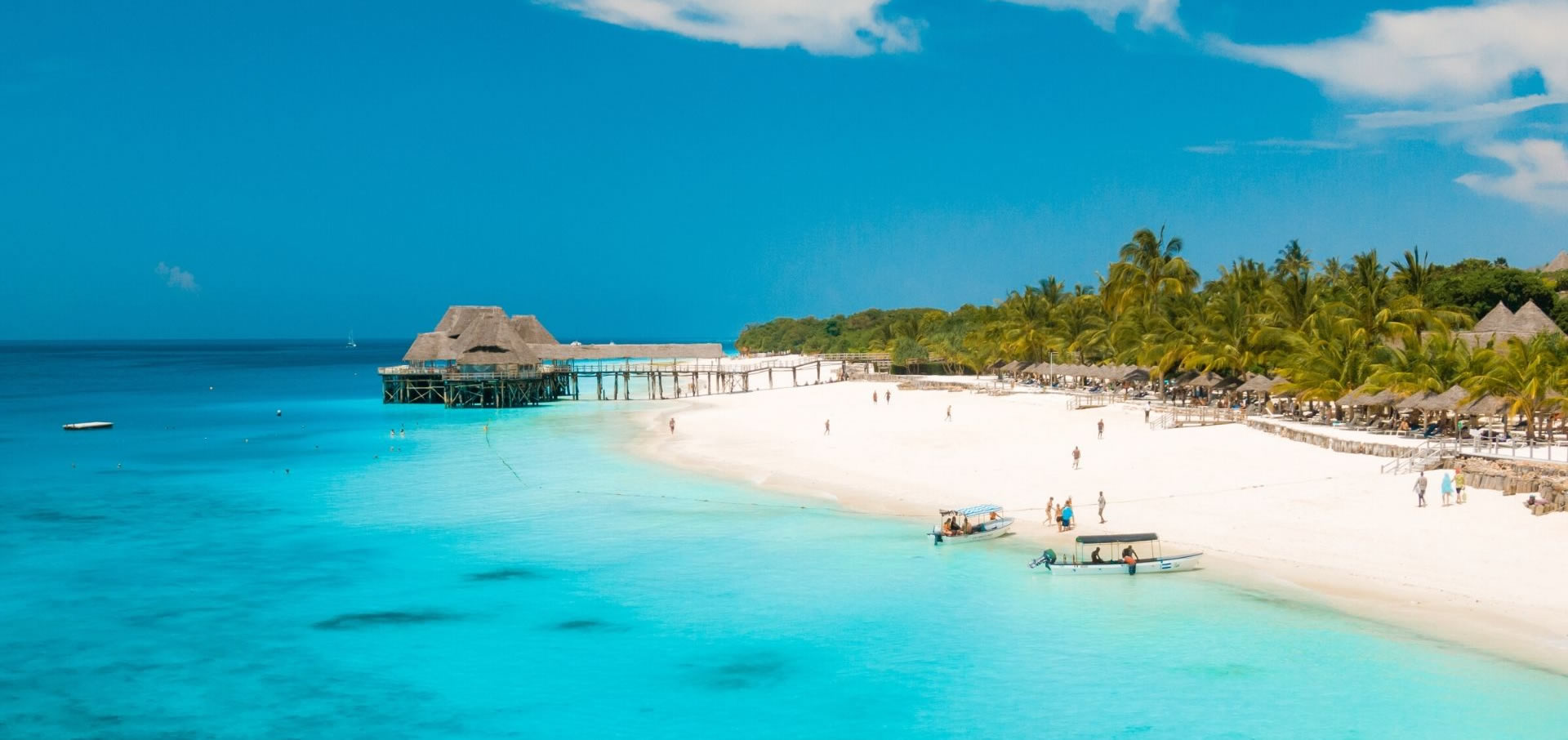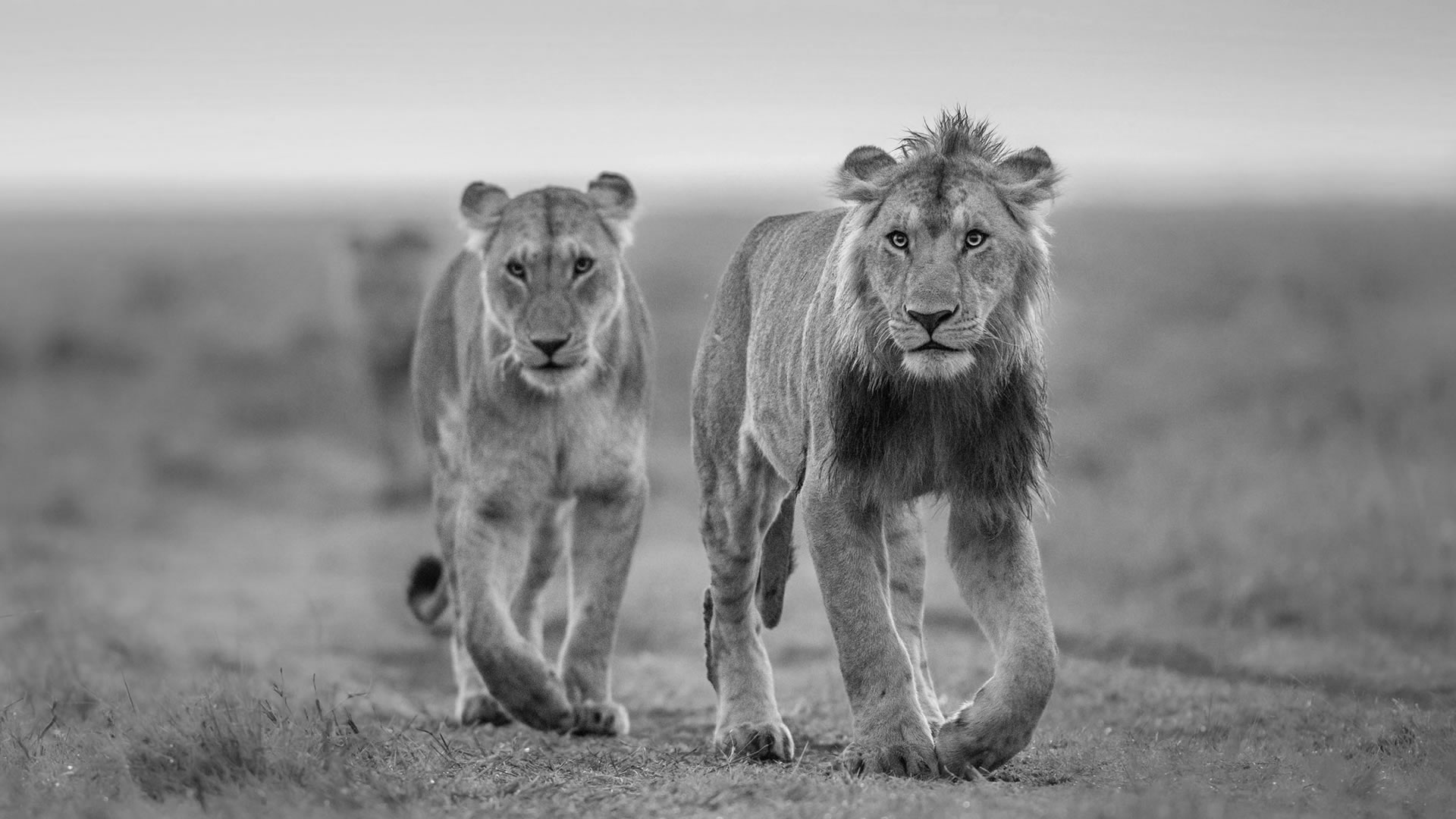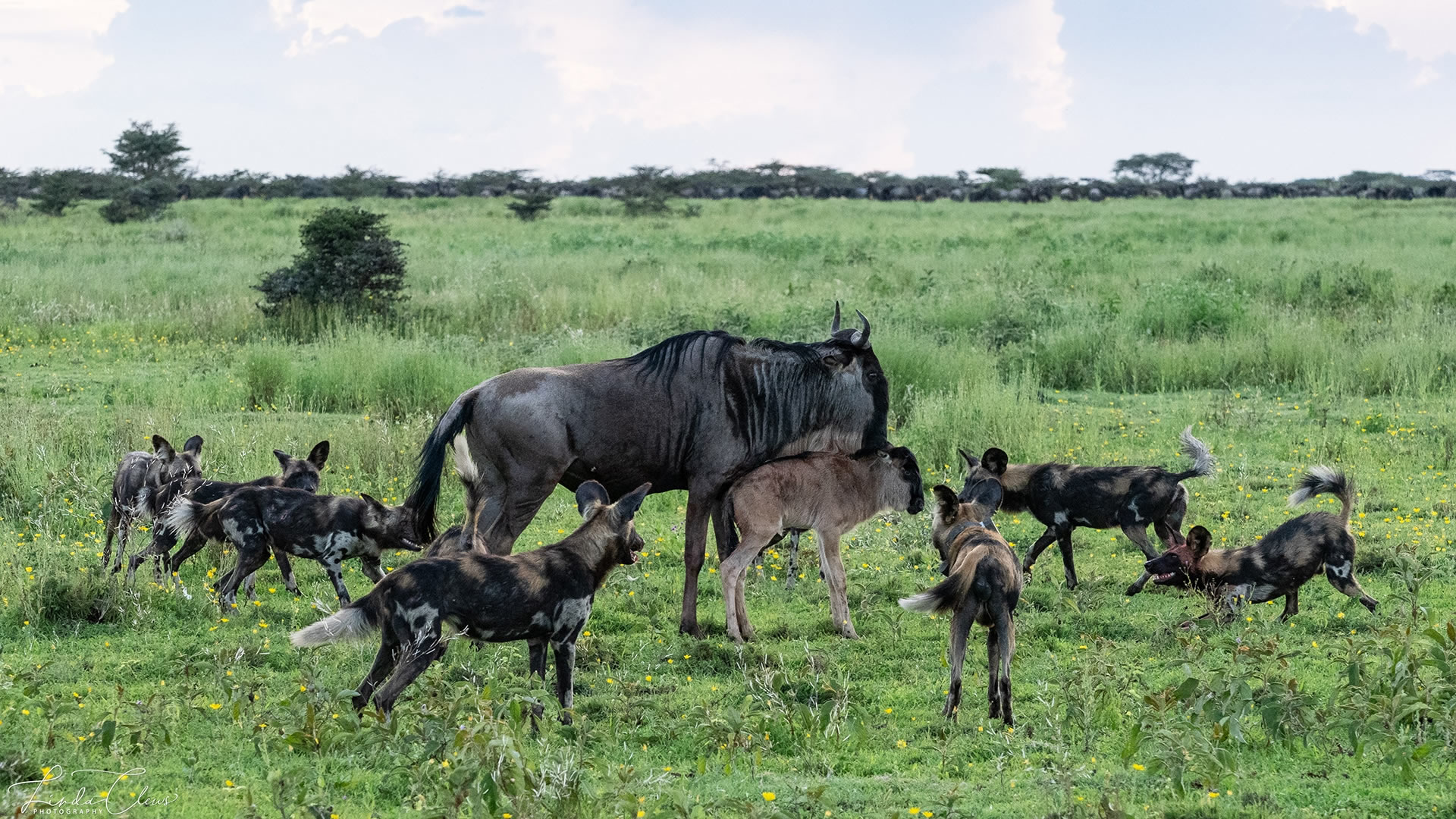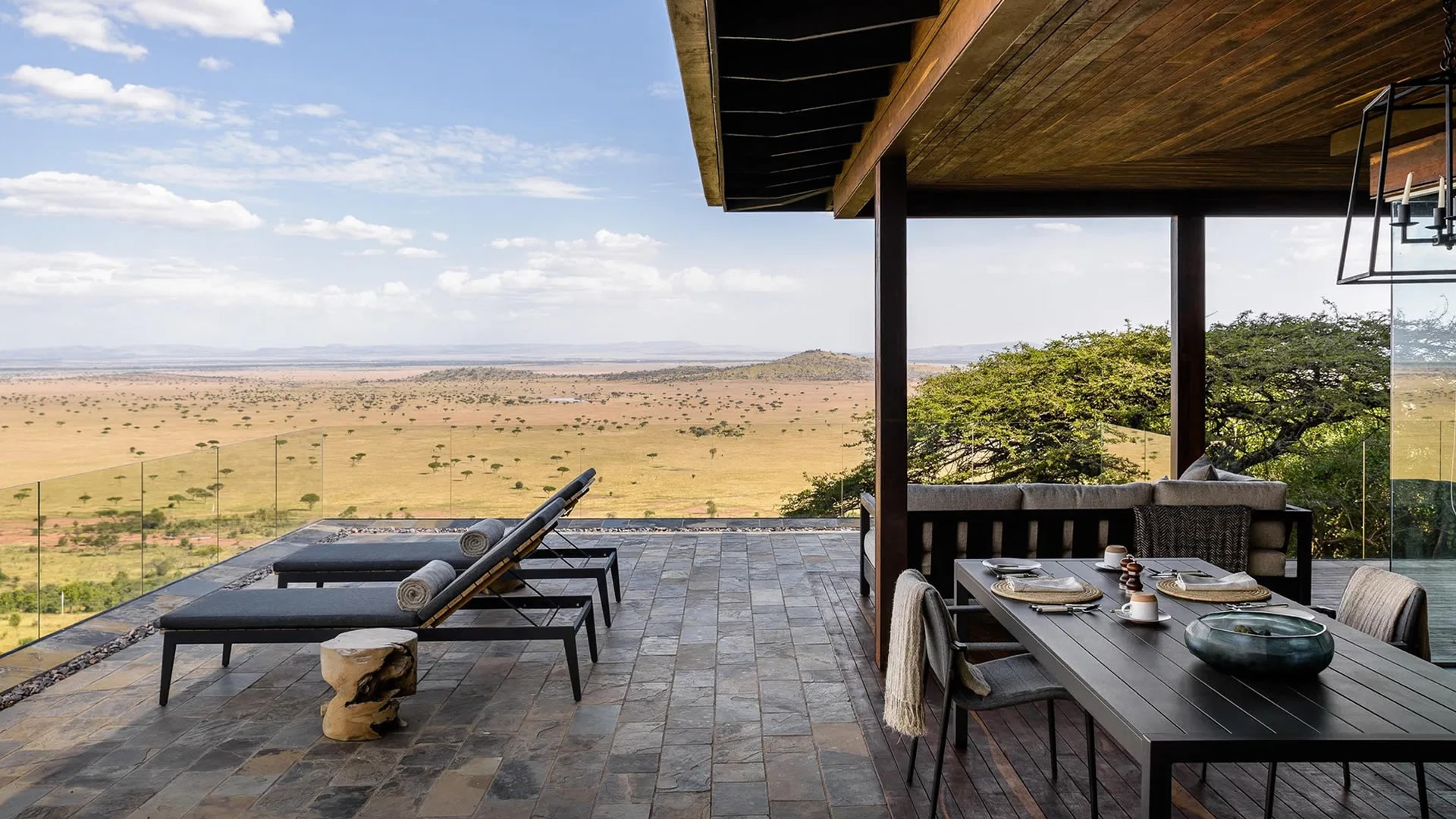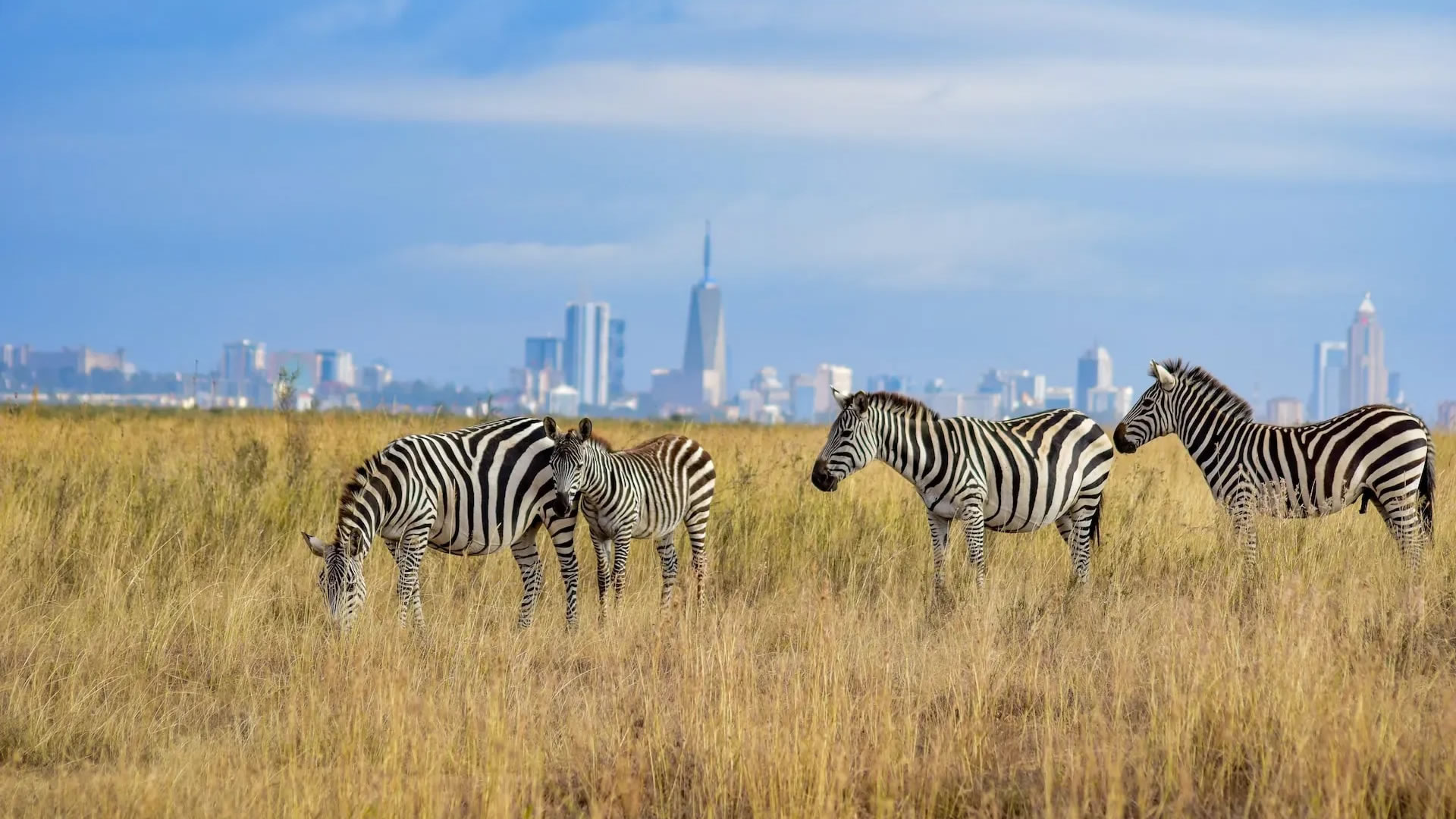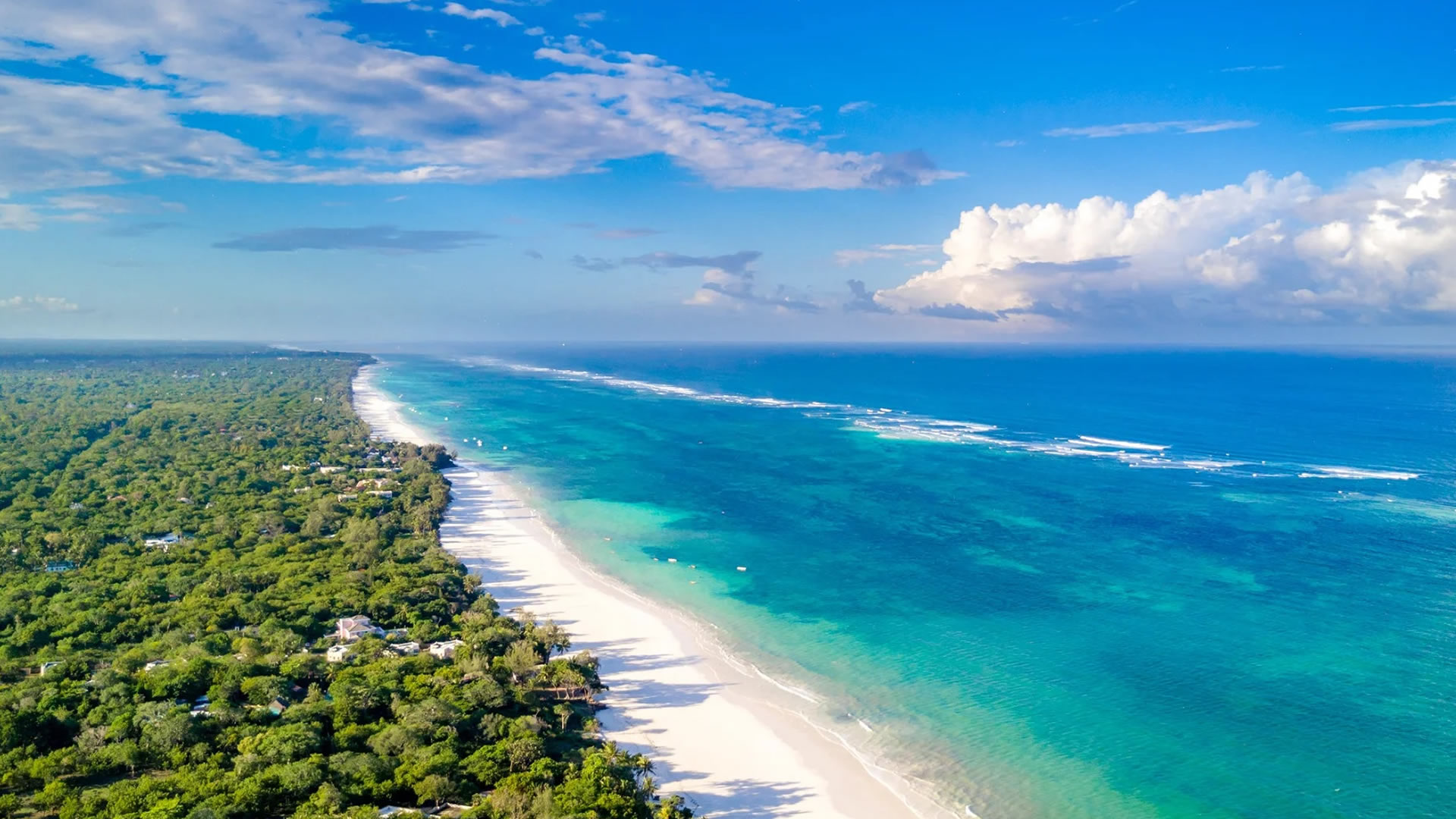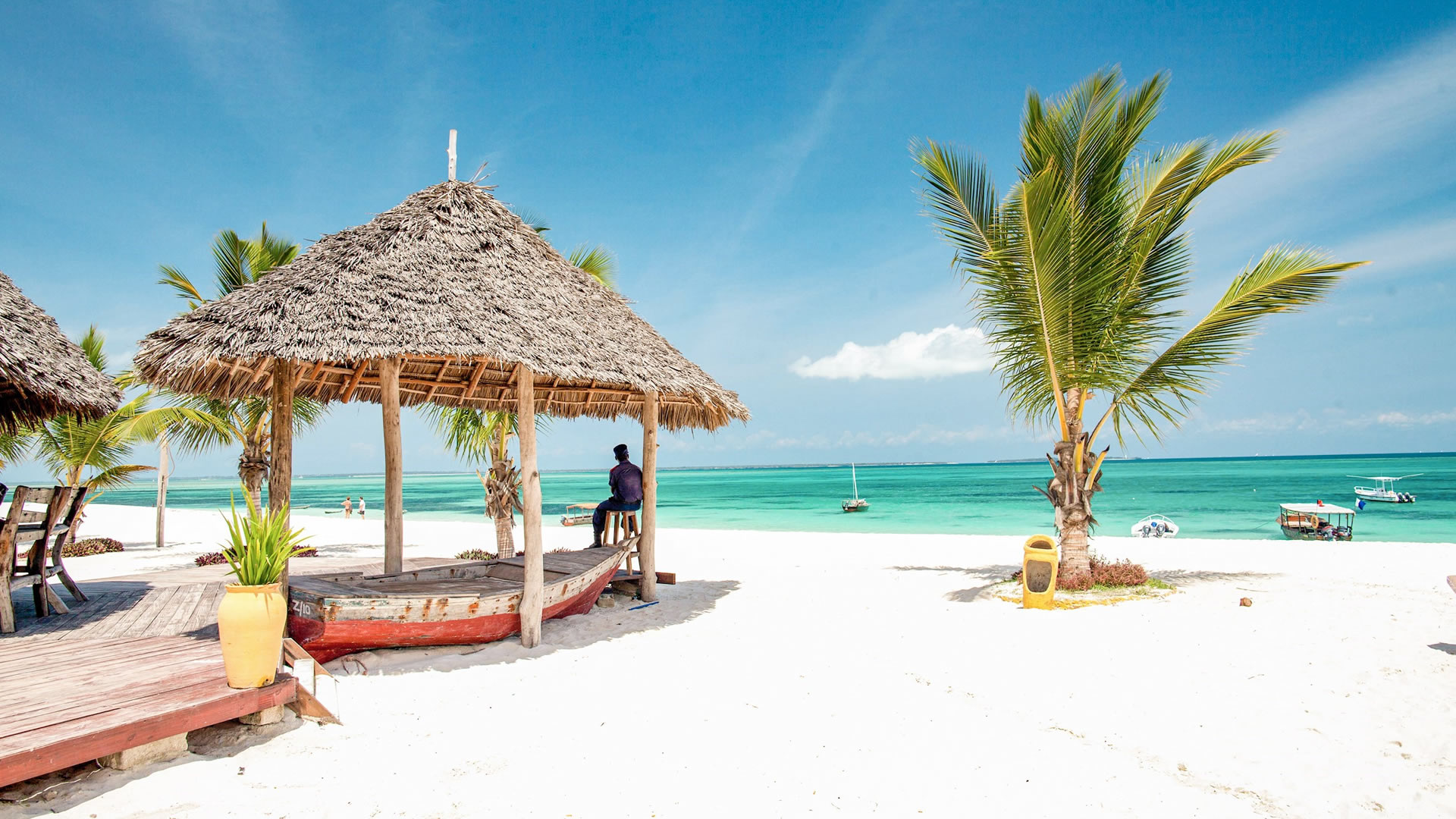What is the Best Season for a Safari?
Just about any time of year (see the information on climate in the About Kenya section). However, the most popular seasons are mid December to mid March and August to mid the end of October. This is because of the demand for Christmas and winter holidays and the summer school breaks. An increasing number of visitors are realising that June and November are ideal, benefiting from lower visitor numbers.
Flight and Safaris International offers some safaris with greatly reduced or no single supplements in the months of April and May. Also, we may well be able to offer some good discounts for larger groups during this period - please contact us for details.
When and Where can i see the Great Migration?
The millions of wildebeest and zebras are always somewhere, but they are not always in large herds and on the move. Their location is largely dependent on the weather, which can vary considerably from year to year. In general the herds begin to cross into Masai Mara in July and continue through August. They remain in the region until the beginning of December when they follow the rains southward back into Serengeti National Park. They can move in enormously long single file lines or in huge herds.
Can I have a Private Vehicle?
Yes. All safaris can be booked with the exclusive use of a vehicle for your party. A custom safari for two clients is significantly more expensive per person than seats on a similar small group safari. However, on a custom safari with an exclusive vehicle, the cost of the vehicle and driver/ guide are divided by the number of clients sharing the vehicle. Therefore, the per person cost of a custom safari reduces the more clients that are sharing the vehicle (maximum in one vehicle is usually 7 but on request, such as for families with children, we can carry up to 8).
Can I have my own Itinerary?
If you are arranging an exclusive vehicle (custom) safari, then you are free to arrange whatever itinerary you choose, within logistical constraints. Flight and Safaris International presents a small selection of proven itinerary favourites in this website. We can arrange any required itinerary subject to practical and logistical considerations and will be pleased to discuss and quote for your special requirements.
Should I take a Camping Safari?
We do not operate a camping safari in Kenya. However, we can arrange a safari using a number of tented camps providing a great holiday experience under canvas.
Can I take a Safari as a Single Traveller?
Because of the size of its organisation and volume of customers, Flight and Safaris International can easily include single travellers on most set date safari departures, subject to there being at least one other booking on the date chosen. There is a supplement to cover the additional cost of single accommodation. However, there is no single supplement (or a greatly reduced one) on most safaris in the low season months of April & May.
Are Safaris suitable for children?
A safari is a wonderful trip for any child old enough to enjoy and appreciate the experience. On most safaris there are quite long trips on rough roads, and these cannot really be recommended for babies and very young children.
Children under 12 will benefit from reduced fares on scheduled airlines, and many lodges will provide an additional bed for a child sharing a room with parents at a reduced cost.
Can i run from predators?
If you meet a large predator while on foot, don’t run. Running may trigger the predator to give chase, and is also quite pointless, as the animal runs twice as fast as you. If there are two of you (which there should be, especially at night) or more, move together closely; the predator may then see you as one big opponent, instead of a couple of small ones. In lodge and camp areas, a predator appearing is usually just passing through. Let is pass. Slowly back off. Then inform a watchman or other staff that there are predators around. Tell others to stay away. A predator closing in on you should be told that you don’t like it. Shout at it. Be dangerous. Pelt it with stones if it comes too close.
Can i get off my Safari Vehicle?
Don’t get out of the vehicle unless the driver says it is ok. In many parks, moving on foot is not only risky but also means breaking the park rules. There are special places, such as observation points and picnic sites, where it is allowed to get out.
Are Walking Safaris Dangerous
Meeting animals on foot is part of the walking safari concept. Most animals move away when they become aware of you, which usually happens at some distance (you generally get closer to animals if you approach them by car). Walking safaris in wildlife areas should always be escorted by an armed ranger. If on foot close to lakes or rivers where crocodiles may be found, you should stay at least 5 m/yd away from the water’s edge. Crocs have good camouflage, and may be hiding in the water to ambush prey approaching on land. Don’t leave children unattended.
How will i experience wildlife
The most popular way to see wildlife on safari is in a 4x4 vehicle. However, game walks and exploration by water in certain destinations are other exciting ways to do so. In East Africa, your safari vehicles are mostly closed, with large windows and a pop-up roof for you to stand up and scout the surroundings. However, there are some open-vehicle options available. The Southern African safari circuit boasts open vehicles, some with a canvas sunshade. Enjoy a walking safari with a qualified guide as you traverse plains and forests learning about your surroundings, all the while keeping an eye out for nearby wildlife. Top your experience off with a hot-air balloon ride above the powerful landscape, with a chance for some superb wildlife viewing.
How can i travel responsibly
Embark on your African safari knowing you are traveling responsibly by visiting ecologically friendly lodges and camps, and giving back to the communities around you. Your team will ensure you reduce your carbon footprint by, among other things, ensuring your game drives are in eco-friendly vehicles and by offering drinking water in reusable bottles. The focus is on sustainable tourism and your contributions through your accommodations and game park entrance fees help to maintain a healthy balance in parks and reserves. Giving back to local communities is rewarding and embarking on a sustainable safari ensures your trip makes a helpful contribution.
Is Africa safe for travel
The African safari circuit is safe, with your experience fully guided from start to finish. Your visits include major hotels in cities and transport by air or comfortable safari vehicles. General safety should always be adhered to and listening to your guides and the team taking care of you at hotels and lodges will ensure your experience is memorable. Out in the wild, you are in expert hands as your safari guides direct and explain the movements of the bush. Adhering to their tips will ensure you are safe.
Health concerns when on Safari?
An African safari is an exciting adventure and being concerned for your health should not be a key focus of this experience. Lodges offer bottled water and quality services in cuisine and comfort. For regions in malaria-risk areas, a relevant prophylactic is recommended. Bug spray and sunscreen should be in your luggage, although lodges and camps do offer insect repellent in the rooms. Bring your own medicine and reach out to your travel advisor for help should you require services such as a fridge to store medication or ensure your room is set up for your CPAP machine, for example. SOme vaccinations may be a requirement, check with your safari consultant for informative advise.
Safari options for travellers with mobility issues?
An African safari should be enjoyed by everyone and certain lodges and ground operators have made this possible for visitors with mobility challenges. Whether embarking on a safari that is fully catered to travelers who may be wheelchair-bound or choosing a lodge that offers easy access from communal areas to your room, options do exist and your safari expert can work with you to plan your ideal experience. Some reserves and parks offer safaris in closed vehicles or self-drive options, perfect for those wanting to experience incredible wildlife at their own pace.
What should i pack for an African Safari?
It is advisable to pack light for your safari, in weight and the kind of clothing you take. Most camps offer a laundry service, so there’s no need to overpack. Choose a few long pants, shorts, and shirts. Lightweight and breathable fabric that covers your skin tends to work best on safari, with neutral colors recommended so you blend in with the surroundings. Comfortable walking shoes are all you need when on safari, so leave your hiking boots behind and be sure to pack your favorite sneakers. Sandals are acceptable for wandering around your lodge, private chalet, or tent. It’s all part of kicking back and relaxing.






